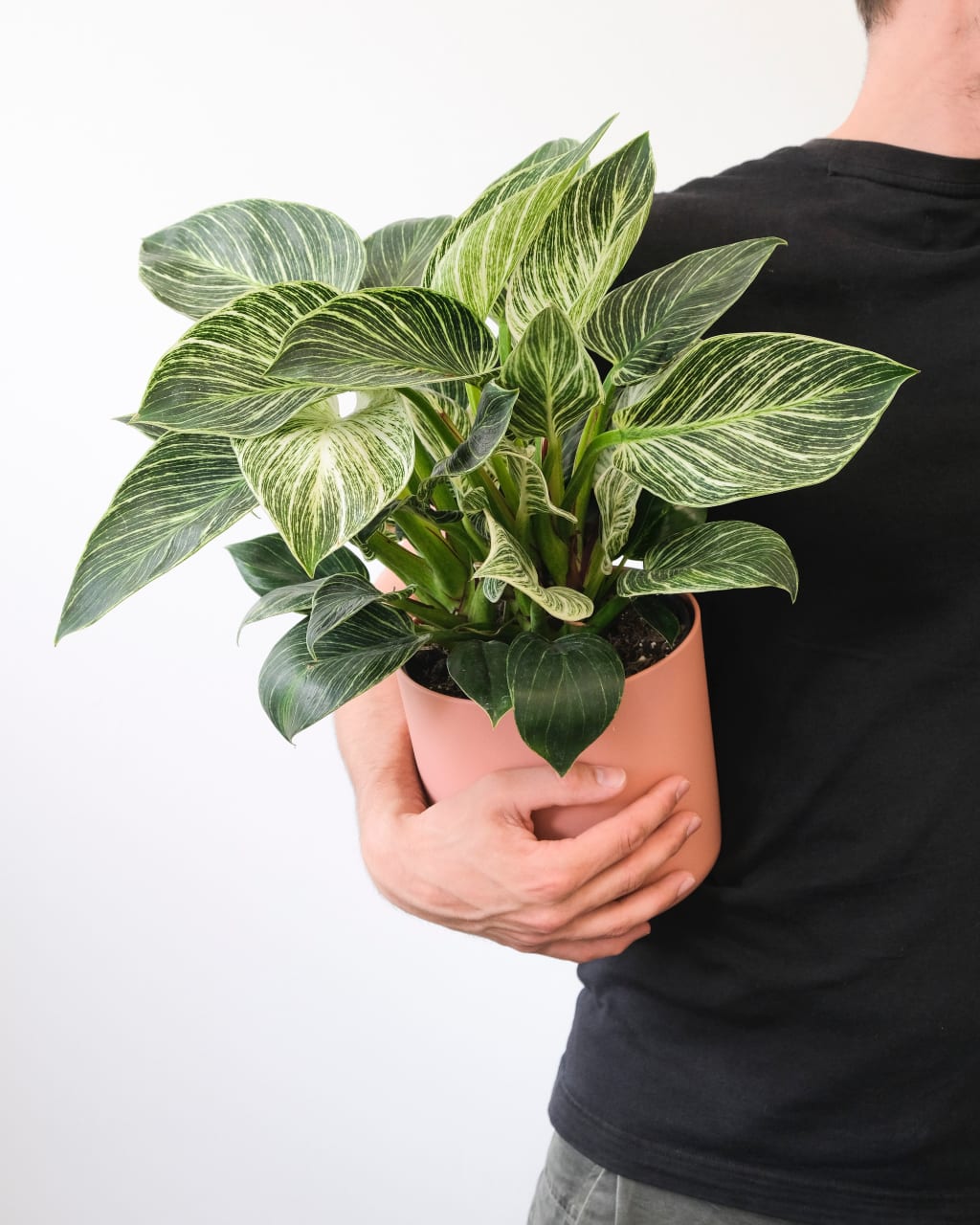How did he go from sick boy to president?
How did he go from sick boy to president?

Widely regarded as the healthiest and most determined leader in American history, Roosevelt often described himself as a "man of his own making."
But the politician was not "born this way". As a child, Roosevelt suffered from asthma and was too weak to blow out the candles by his bed.
Looking back on his childhood, Roosevelt often described himself as "a sickly boy" and "a miserable time."
The younger Roosevelt had poor eyesight and was extremely thin. His health was so bad that his parents were not sure if he would live. But Roosevelt survived.
"Weak and clumsy, I had no confidence in myself," Roosevelt recalled. I need to work hard physically, but I also need to work hard mentally and mentally." Roosevelt understood that to be the man he wanted to be, he had to shape himself through discipline.
In his biography Theodore Roosevelt on Leadership, James describes at length Roosevelt's struggle to develop self-control, writing: "Teddy? Roosevelt rallied to live up to his full potential.
He listened to his father's teachings: 'You must reinvent your own body! '... People don't have the choice to stay where they are; In a life of struggle, idleness can be fatal."
Henry, the journalist, remembers a conversation Roosevelt had with him: "People talk a lot about the battles of my life. The hardest battle only I know is the battle to win myself."
Roosevelt then described the battle to control himself: "It is only through practice that men truly gain self-control. It is only with inertia and repeated self-control training that our nerves can be fully controlled. The cultivation of self-control is largely habit-forming in terms of repeated effort and repeated training of the will."
Roosevelt's discipline of self-control continued throughout his life and was incorporated into his daily activities. He maintained his practical training even as president.
During his White House days, as Roosevelt himself put it, "I always tried to spare a few hours in the afternoon for physical exercise -- playing tennis, riding horses, sometimes walking the rough country roads."
In a letter to a friend, Roosevelt wrote: "This morning I shook hands with 6,000 people at the reception desk of the White House; In the afternoon, I rode for two hours with four children and a dozen of their Cousins and friends. We jumped fences, crossed hills, and galloped across the flat together."
Roosevelt never wasted time. When he had nothing special to do, he liked to read books or write letters to friends. Roosevelt was also a man of action, willing to participate rather than just watch.
He once turned down an invitation to a baseball game by saying, "I don't want to sit for two and a half hours just to watch somebody do something." Friends and foes alike recognized Roosevelt for his determination and fortitude, as well as his high sense of responsibility for the tasks entrusted to him. All these qualities stem from Roosevelt's self-control.
Roosevelt's self-control was shared by many of his friends and colleagues. One of Roosevelt's sparring partners described him as an "artificial machine" rather than a living athlete. Historian Elting Morison also noted: "His life was full of astonishing decisiveness. His energies and gifts had not been born into some natural and harmonious unity; On the contrary, they are effectively organized and directed after years of sustained and substantial exercise of the will."
It is worth noting that Roosevelt did not start as a man of determination, perseverance, health, and strong will. The exercise of self-control, however, helped him eventually become known as Roosevelt. So what did Roosevelt do? What kind of man has he made himself out to be? And what did his self-control bring him? Let's take a look at his deeds
* 26th President of the United States;
* Youngest president in U.S. history;
* Youngest vice president in U.S. history;
* Held various government posts;
* Deputy Commander-in-Chief of the Navy;
* Brave cavalry in the Spanish-American War;
* Awarded the Medal of Honor;
* Awarded the Nobel Peace Prize;
* A great diplomat who has negotiated and concluded peace treaties to end many major conflicts and is highly respected for doing so;
* Played an important role in building the Panama Canal;
* Currently holds the Guinness World Record for consecutive handshakes (8,150);
* Ride horses for more than 100 miles to demonstrate to the troops what they should be physically capable of;
:: spoke for 90 minutes after being shot in the chest before being taken to hospital;
* Established the modern presidential term system;
* President of the American Historical Association;
* Author of over 30 books;
* Founder of the NCAA;
* Created a national park system;
:: A national forest service has been established;
* Designating federal hunting sanctuaries for the first time;
* Federal bird sanctuaries were designated for the first time;
* The first 18 national attractions were identified, including the famous Grand Canyon.
It seemed that the "timid, poor creature" in the self-portrait had done well. The achievement of all this, as Roosevelt himself made clear, owed much to a high degree of self-control.






Comments
There are no comments for this story
Be the first to respond and start the conversation.